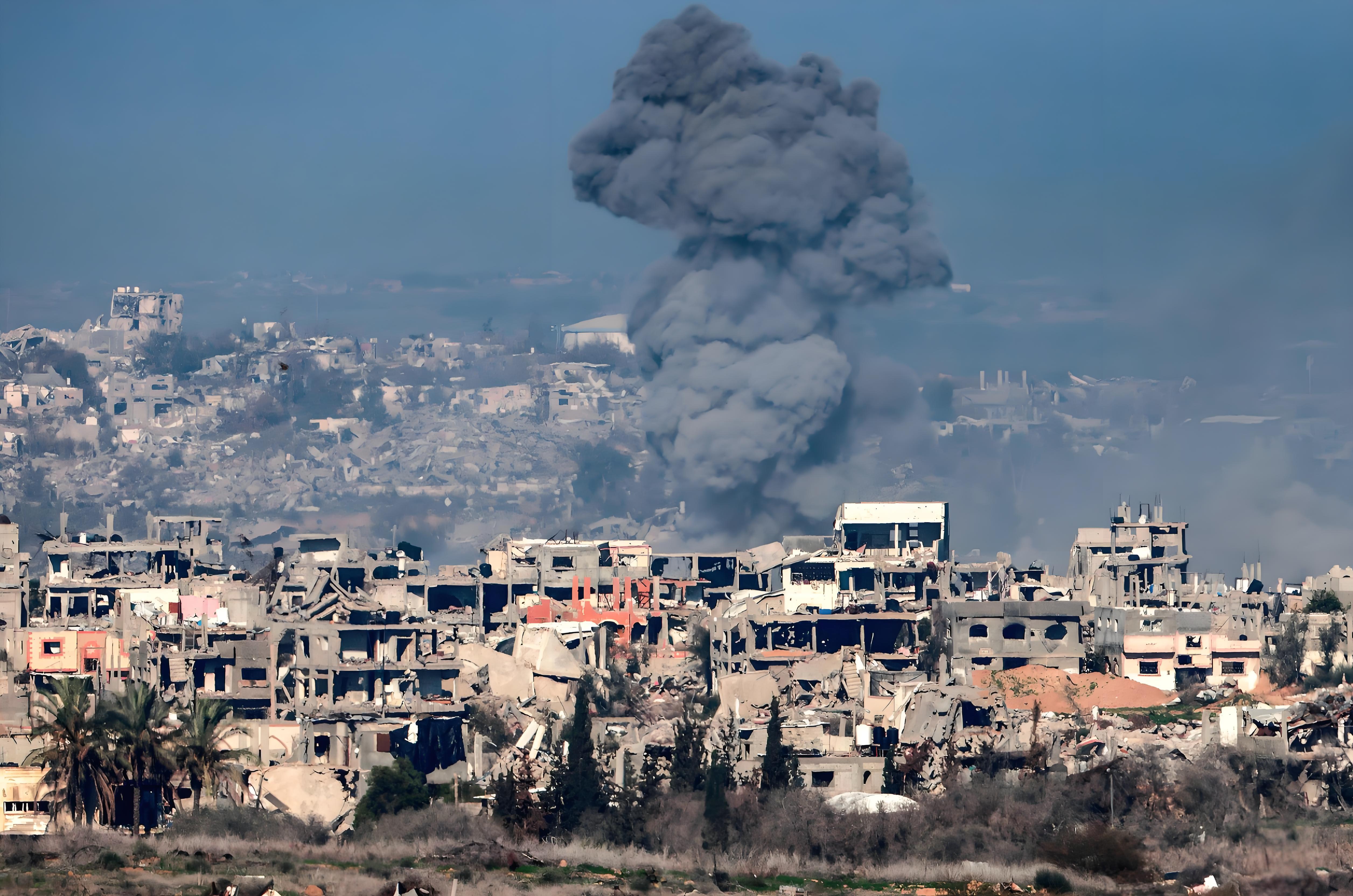
On the local time of July 10th, the conflict between Israel and Palestine remained tense. Multiple forces were involved, and the conflict continued to escalate, posing a serious threat to regional peace and stability.
Israeli Prime Minister Netanyahu delivered a speech on the same day, revealing that Israel is actively promoting a 60-day temporary ceasefire agreement. The agreement aims to secure the release of half of the Israeli captives held by Hamas, the Palestinian Islamic Resistance Movement. Netanyahu further stated that if this temporary ceasefire agreement can be successfully reached, Israel is willing to take this as an opportunity to launch negotiations aimed at completely ending the conflict and achieving a permanent ceasefire. However, Israel has set strict prerequisites for the negotiations: Hamas must disarm and no longer possess any administrative or military capabilities; the Gaza Strip must be demilitarized. Netanyahu emphasized that these conditions are the most basic requirements for Israel to participate in permanent ceasefire negotiations. He also warned that if the negotiations among all parties fail to achieve substantial results within the 60-day ceasefire period and cannot meet Israel's proposed conditions, Israel will not hesitate to resume military operations against Gaza. Netanyahu pointed out that although Israel has destroyed most of Hamas' military capabilities, there are still thousands of Hamas militants in the Gaza Strip, posing a continuous threat to Israel's security.
On the same day that the Israeli Prime Minister sent a signal of seeking a ceasefire, the Israeli military launched attacks on multiple locations in the Gaza Strip, resulting in extremely heavy casualties. According to reports from the Palestinian News Agency on the 10th, the Israeli military bombed a crowd queuing for nutritional supplements in Deir al-Balah, central Gaza Strip, killing at least 15 people, including 8 children and 2 women. In addition, the Israeli military also launched attacks on various areas in the Gaza Strip, such as Jabalia and Gaza City in the north, Nuseirat in the central region, and Khan Younis in the south, causing a large number of casualties among innocent civilians. According to data released by the Gaza Strip's health department on the 10th, since March 18th, Israeli attacks on multiple locations in the Gaza Strip have resulted in at least 7,200 deaths and 25,615 injuries. These figures are distressing and highlight the cruelty of the conflict and the huge harm to civilians.
Against the backdrop of the further complication of the regional situation, there have been new developments in the conflicts between the Israeli military and other surrounding forces. On the afternoon of the 10th local time, the Israel Defense Forces issued a statement saying that the Israeli military killed Hezbollah member Muhammad Jamal Murad in Mansouri, southern Lebanon, on the same day. The Israeli military claimed that Murad had served as the coastal artillery commander of the armed forces affiliated with Hezbollah. This incident will undoubtedly further escalate the tense relations between Israel and Hezbollah in Lebanon, making the regional situation more confusing. Meanwhile, the Houthis stated on the 10th that they had launched as many as 45 attacks on Israeli-related targets in the past week. The Houthis' statement shows their firm stance of supporting Palestine in the Israel-Palestine conflict, and also puts Israel under greater military pressure on multiple fronts.
The long-standing Israel-Palestine conflict has not only brought heavy disasters to both Israel and Palestine but also seriously affected the peace and stability of the entire Middle East region. The international community has been closely following the Israel-Palestine situation and has repeatedly called on both sides to exercise restraint and resolve disputes through peaceful negotiations. However, years of conflict have left deep-seated grievances between the two sides, and achieving true peace faces numerous difficulties. The 60-day temporary ceasefire agreement proposed by Israel this time, although bringing a glimmer of hope for resolving the conflict, the reaching of the ceasefire agreement and the advancement of subsequent permanent ceasefire negotiations are faced with many uncertainties. Whether Hamas will accept Israel's harsh conditions, whether the two sides can reach a consensus on key issues during the ceasefire period, and the attitudes and actions of other regional forces will all have a significant impact on the future direction of the Israel-Palestine situation.
At present, the entire international community is waiting with anticipation, hoping that both Israel and Palestine can prioritize the overall situation of peace, resolve conflicts through sincere dialogue and consultation, end this long-standing conflict, and bring true peace and tranquility to the people in the region.

On October 28th local time, it was reported that the brain-computer interface startup company Merge Labs, founded by OpenAI CEO Sam Altman, is in the process of preparation and has invited Mikhail Shapiro, a biomolecular engineer from the California Institute of Technology, to join its founding team.
On October 28th local time, it was reported that the brain-…
Recently, Japan confirmed the first highly pathogenic avian…
This week, gold prices plunged again, influenced by the eas…
The latest forecast from the International Monetary Fund (I…
Recently, foreign media reported that Amazon plans to cut u…
When the International Monetary Fund (IMF) predicted that t…